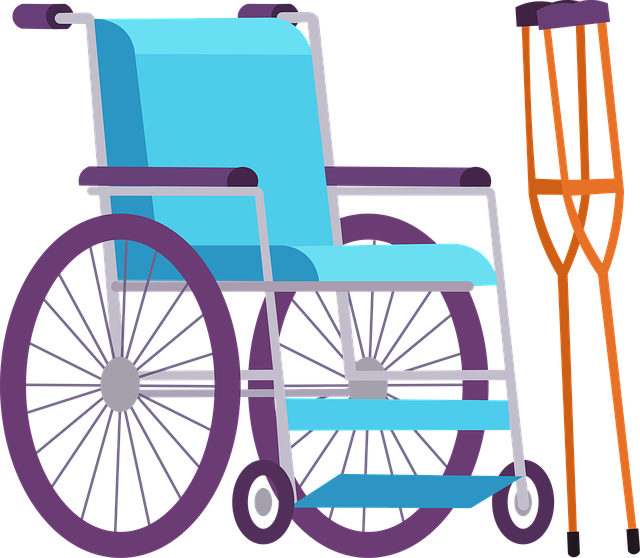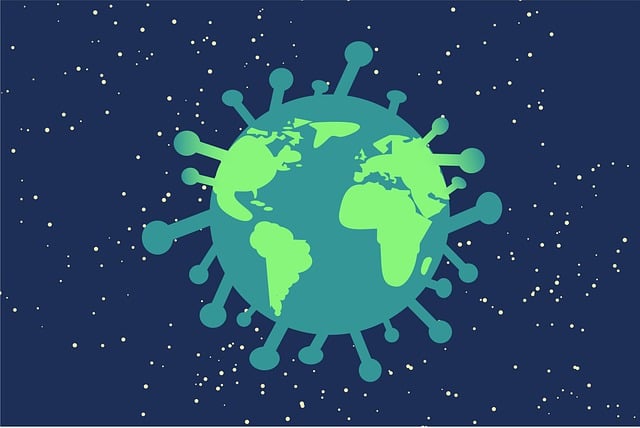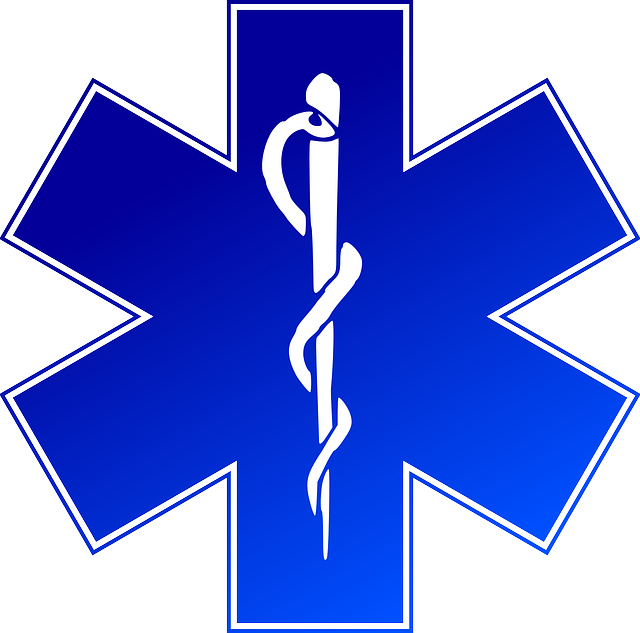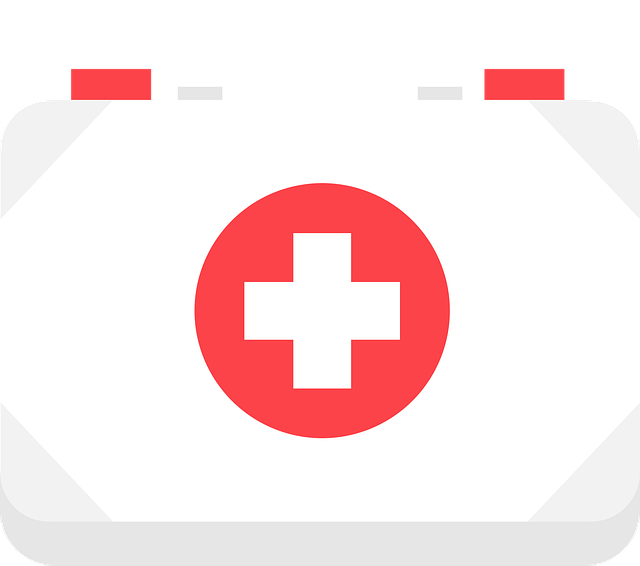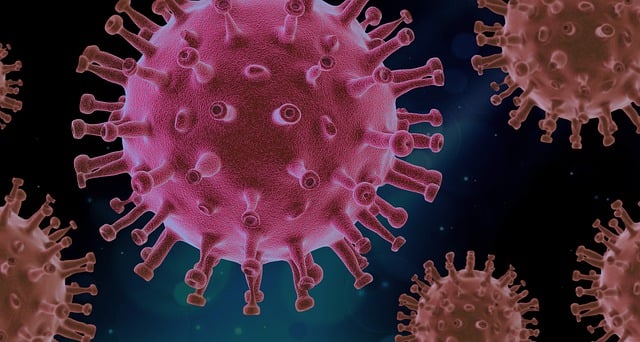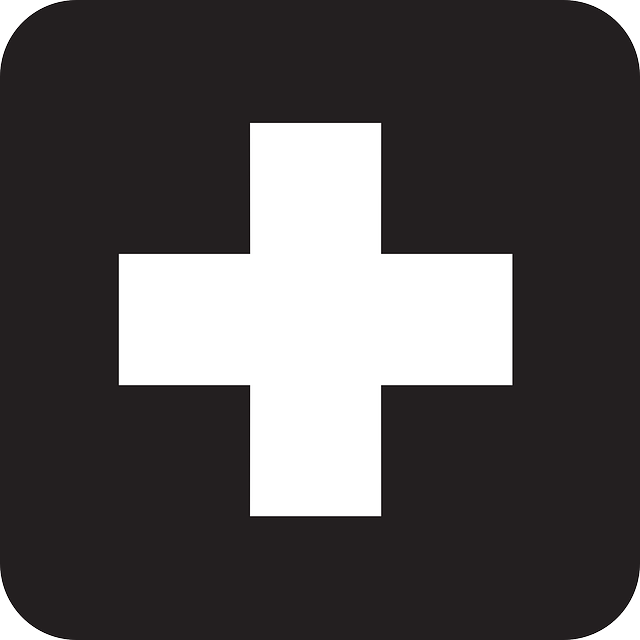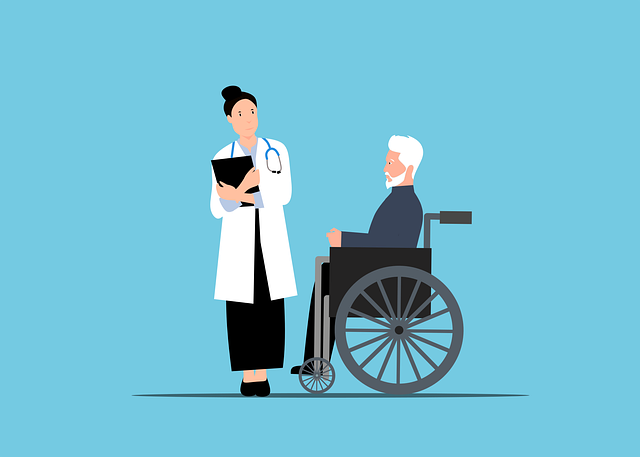In South Africa, Medical Aid and Health Insurance cater to different healthcare needs. Medical Aid is a private long-term savings plan for comprehensive medical coverage, often employer-sponsored or individual purchases, including dental, optometry, and alternative medicine. Health Insurance, a public funding mechanism, provides universal access to essential medical treatments with contributions from all citizens. Choosing between them depends on personal circumstances, income, and preference for private versus public healthcare systems, balancing the need for ongoing care (Medical Aid) and unexpected incidents (Health Insurance). Understanding these distinctions is vital when selecting the best fit for managing healthcare costs through Medical Aid Vs Health Insurance.
In South Africa, choosing between medical aid and health insurance is a crucial decision that can significantly impact your healthcare accessibility. Both options offer financial protection against medical expenses but differ in structure and benefits. Understanding these distinctions is essential for making an informed choice that aligns with your healthcare needs. This article explores the key differences between medical aid and health insurance, guiding you to decide which option best suits your unique circumstances.
- Understanding Medical Aid and Health Insurance in South Africa
- Key Differences Between Medical Aid and Health Insurance
- Making an Informed Decision: Which Option Suits You Best?
Understanding Medical Aid and Health Insurance in South Africa
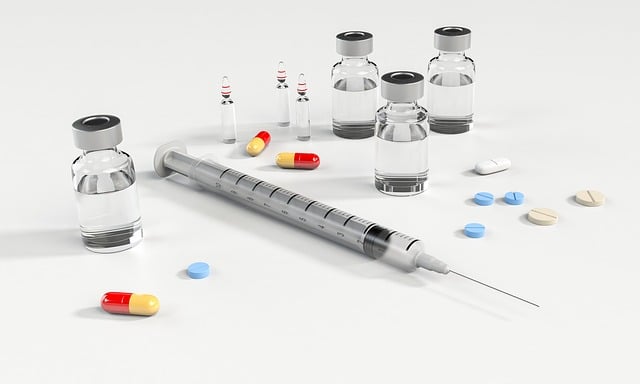
In South Africa, both medical aid and health insurance serve as critical components of an individual’s healthcare plan, but they function differently. Medical aid is a private scheme offered by employers or purchased individually, which focuses on providing comprehensive cover for various medical services, including hospital stays, specialist consultations, and chronic disease management. It often includes benefits like dental care, optometry, and alternative medicine. On the other hand, health insurance is a type of public healthcare funding mechanism where contributions are made towards a pool that finances healthcare services across the population. This ensures access to essential medical treatments for all citizens.
When considering Medical Aid vs Health Insurance, understanding their distinct roles is key. While medical aid offers more personalised and extensive coverage, often with various plans to suit different needs and budgets, health insurance provides a safety net of universal healthcare, aiming to ensure that every South African has access to essential medical services without financial strain. The choice between the two largely depends on an individual’s circumstances, income, and preference for private versus public healthcare systems.
Key Differences Between Medical Aid and Health Insurance
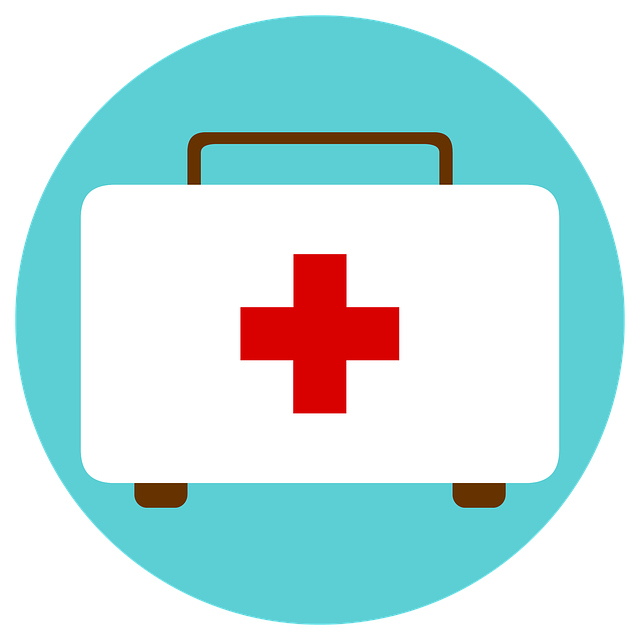
In South Africa, both medical aid and health insurance are vital tools for managing healthcare costs, but they serve distinct purposes and have key differences. Medical aid is a long-term savings plan where members contribute to a pool of funds that is used to cover a portion of their medical expenses. It’s often provided by employers or chosen individually, offering a range of benefits tailored to the member’s needs. On the other hand, health insurance is a form of risk management that provides coverage for specific medical events or conditions, typically on a shorter-term basis. Policies can be bought directly from insurance companies or through brokers.
When considering Medical Aid vs Health Insurance, it’s crucial to understand these distinctions. Medical aid tends to focus on ongoing healthcare needs and preventive care, while health insurance often covers unexpected events like accidents or critical illnesses. Additionally, medical aid schemes may have co-payments and out-of-pocket expenses, whereas health insurance policies usually provide coverage for all eligible treatments within the scope of the plan.
Making an Informed Decision: Which Option Suits You Best?
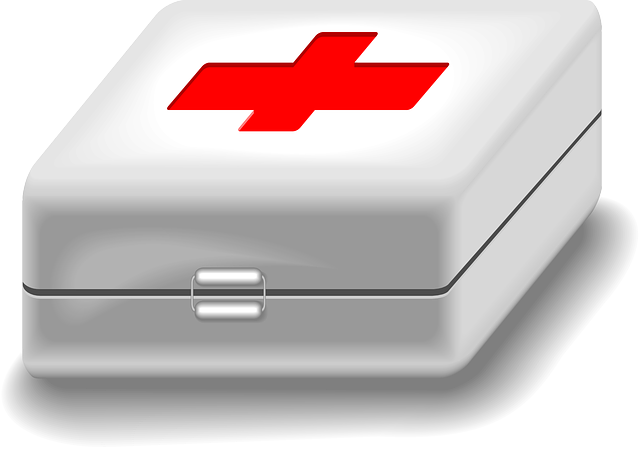
When deciding between medical aid and health insurance, understanding your personal needs is key. Both options offer financial protection against healthcare costs, but they differ in structure and benefits. Medical aid is typically a long-term savings plan where members contribute regularly to a pool of funds, which then covers specified medical expenses. It often includes comprehensive coverage for various treatments and procedures. On the other hand, health insurance is usually a more short-term solution that provides immediate cover for specific events like hospitalisation or chronic conditions. It may offer flexible options tailored to individual needs, but it doesn’t always guarantee full coverage for pre-existing conditions.
Consider your age, overall health, and future medical history when making your choice. If you have a family or plan to start one, medical aid might be more suitable due to its broader range of benefits, including maternity care and chronic disease management. For individuals with specific health concerns or those seeking budget-friendly options, health insurance could provide targeted cover at a lower cost. Weighing these factors will help you decide which option aligns best with your lifestyle and financial goals in the context of Medical Aid Vs Health Insurance.
When deciding between medical aid and health insurance in South Africa, understanding the key differences is essential. While both options provide access to healthcare, medical aid typically offers a more comprehensive package, including preventative care and specialist services, often with lower out-of-pocket expenses for members. Health insurance, on the other hand, usually focuses on covering hospital stays and doctor visits, with higher deductibles. Ultimately, the best choice depends on individual needs, budget, and preferred level of healthcare coverage. By carefully considering the differences in benefits, costs, and exclusions, South Africans can make an informed decision to ensure they receive the most suitable protection for their health and well-being.

